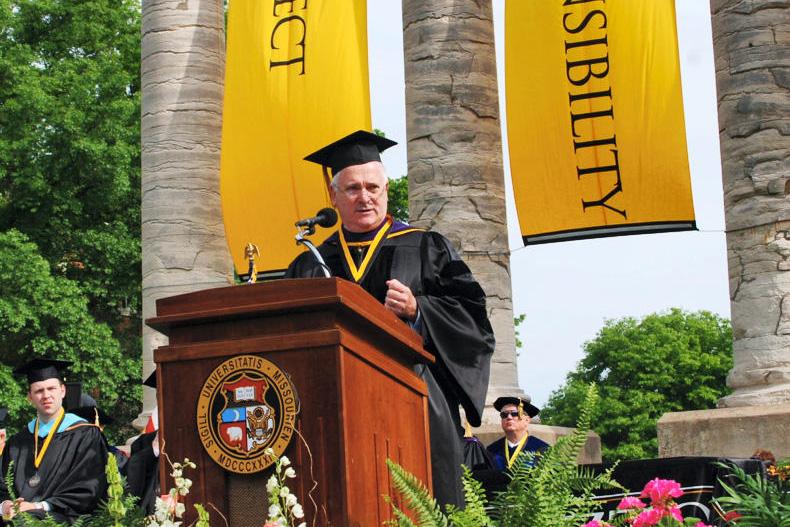The Brexit negotiations are about to start. The skirmishing is over. The real battle is about to begin. Next week, prime minister Theresa May will officially trigger Article 50 and talks on the UK’s exit from the EU will commence in earnest.
The risk that the negotiations could break down soon after they start has increased significantly in recent weeks.
This is no small part due to the fact that the UK has convinced itself that it does not need to pay any contribution towards the costs of Brexit.
This notion is one that takes some working out.
The UK is still a member of the European Union and it has entered into legally binding financial commitments as a result of that membership. The UK cannot simply walk away from these commitments.
These are real debts already incurred, and should not be confused with club membership fees.
The EU, complete with active UK encouragement in the past, has taken in many new member states whose income is well below the average of the entire union.
The UK cannot expect to dump all the expenses of supporting these members on the shoulders of the remaining 27 members. Particularly if it wants to continue to have access to the markets of those countries.
After all, both Switzerland and Norway pay for that privilege and they will watch any concession that the UK gets very carefully. I heard a prominent German politician say recently that there “can be no withdrawal agreement (for the UK) until all the financial issues are settled”.
These financial issues will be the number one item on the EU side’s agenda. If the UK is not constructive on these questions, there could be a complete breakdown of talks.
The real difficulty from the outset of the Brexit talks is that pro-Brexit politicians have made too many promises about the savings to be made from Brexit.
The trouble with these same politicians is that they will find it very hard to agree on the money that the UK will have to pay to extricate itself from its 44-year-old commitments to the European Union. Like for any 44-year-old, change can be something difficult to create.
Given the stance Fleet Street has taken on Brexit from the outset, these politicians will not get much in the way of assistance from the British press in explaining this to the British public.
A crucial factor in the Brexit negotiations for Ireland will be the post-Brexit agricultural policy of Britain.
One very real scenario is that the UK is going headfirst into a cheap food policy.
If the UK does indeed forge ahead with this policy, it would throw its market open to unlimited imports of beef and dairy products from the likes of Brazil, Argentina or Uruguay. The effect on Irish agriculture would be severe.
Of course, it would also be severe for UK farmers, who are an important part of the base of the Conservative Party in some parts of England.
Obviously, there will be times when UK global prices will be reasonable, but there will be other times when they will be terrible. The market would be very volatile, and that sort of market would discourage long term investment by farmers.
There is a growing consciousness in Brussels that any agreement with the UK will have to contain strong provisions on unfair competition. Unfair competition could take many forms, including state aids to UK producers, like the deficiency payments to UK farmers before 1973.
State aid concerns are also arising in respect of the UK car industry.
So Irish farmers may form an alliance with EU car makers, to ensure that any trade agreement with the UK contains strong provisions to limit market distorting state aid by the UK.
A central plank of any trade deal with the UK will have to be that there will be a well-refereed level playing field.
EU migrants are vital to the UK economy
The UK government is now becoming acutely worried that they will not have supplies of fresh fruit and vegetables in British shops, because these products require large numbers of EU immigrants to do the work.
There is, perhaps, an opportunity here for Irish fruit and vegetable suppliers.
The UK will also face similar labour shortages in the construction industry and the National Health Service.
The UK may look to mechanisation, automation and robotics to replace humans in some of these areas.
Indeed economic historians say that the industrial revolution took place in Britain, and not in France, in the 18th century, precisely because there was a labour shortage in Britain at that time, and a surplus of labour in France. Necessity became the mother of invention.
And the inventions made the UK a globally dominant economy. This may be the hope of the Brexiteers in the long run, but, in the short and medium term, it will be a nightmare for many of the people who actually voted for Brexit.
There is a good appreciation on the continent of the acutely difficult position Ireland is facing. And there is a willingness to help. The precise form that help ought to take will have to await the unfolding of these very unpredictable negotiations. But the German politician I quoted earlier put it this way: “The Irish issue is a European issue”. That is a good starting point.










SHARING OPTIONS